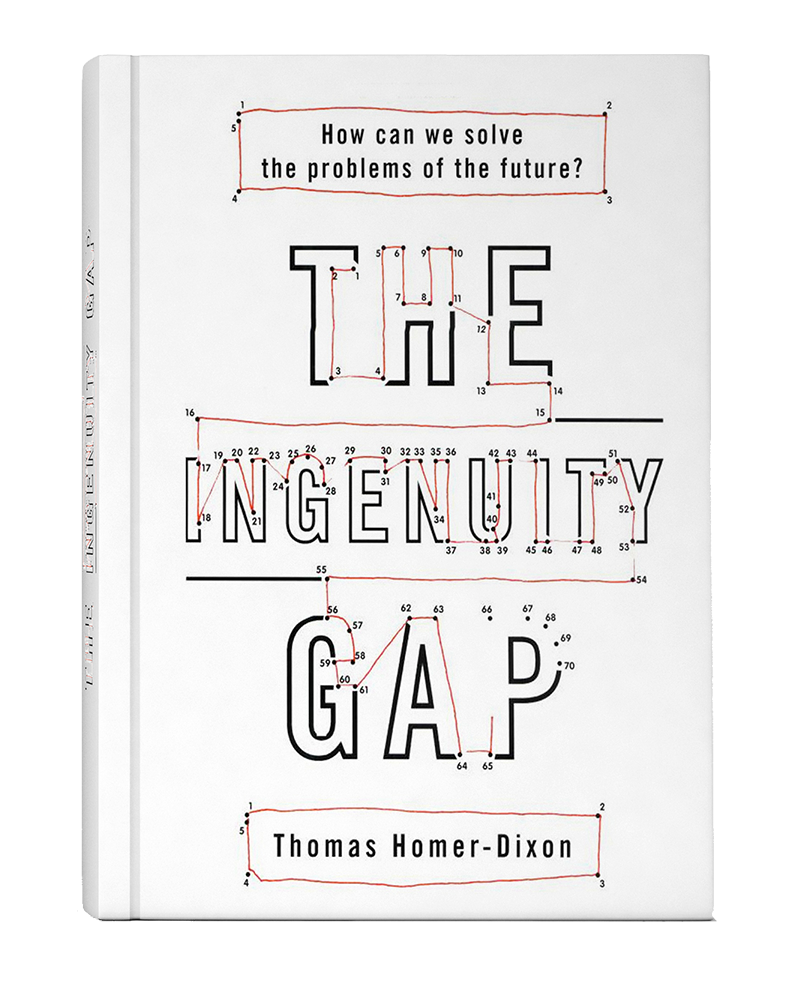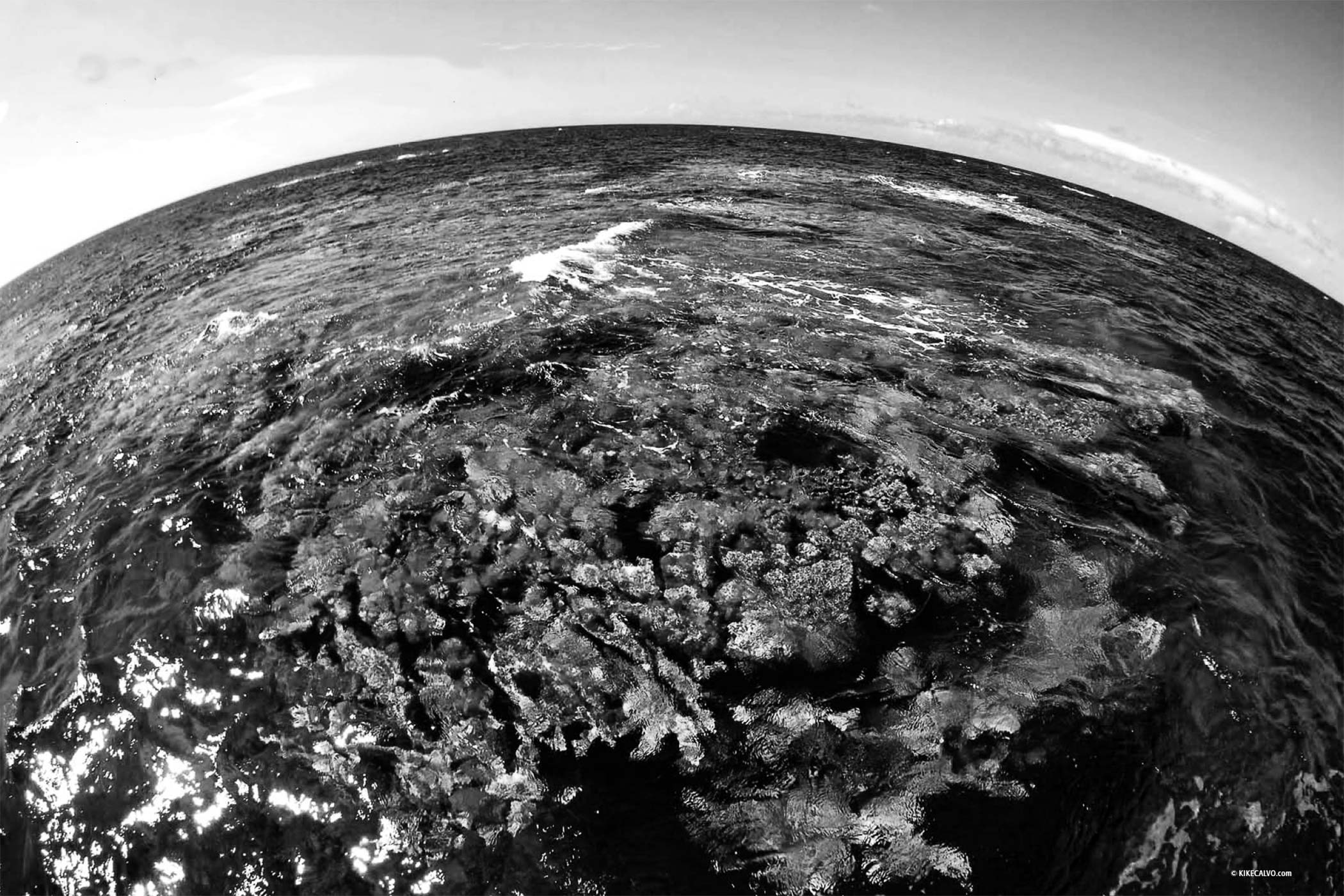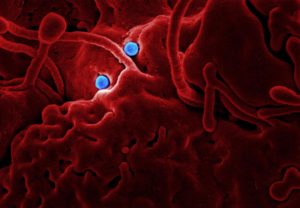innovation
Today’s Butterfly Effect is Tomorrow’s Trouble
Amid reports of sex scandals, lone-wolf terrorists and Middle East beheadings, it’s easy to miss small events. But they sometimes carry messages far larger than those in the headlines.
Growth, Environmental Damage, and Innovation
A presentation at the Annual Conference of the Institute for New Economic Thinking, Toronto on April 12, 2014
Complexity Science
Complexity science isn’t a fad. I will offer a brief survey of some core concepts and ideas, and I will make a strong case that . . . they can help us develop new strategies for generating solutions and prospering in this world.
Complexity Science and Public Policy
We need to start thinking about the world in a new way, because in some fundamental and essential respects our world has changed its character. We need to shift from seeing the world as composed largely of simple machines to seeing it as composed mainly of complex systems.
The Newest Science: Replacing Physics, Ecology Will Be the Master Science of the 21st Century
Physics was the master science of the 20th century. Ecology will be the master science of the 21st century.
The End of Ingenuity
Having to search farther and longer for our resources isn’t the only new hurdle we face. Climate change could also constrain growth. A steady stream of evidence now indicates that the planet is warming quickly and that the economic impact on agriculture, our built environment, ecosystems and human health could, in time, be very large.
A World That Turns Too Fast
In the last century, our population on this planet has quadrupled, and most of us now live in cities. At the same time, new technologies – from antibiotics to jet planes to the internet – have vastly extended our power as individuals, groups, and societies.
Resource Scarcity and Innovation: Can Poor Countries Attain Endogenous Growth?
Edward Barbier and Thomas Homer-Dixon | Endogenous growth models have revived the debate over the role of technological innovation in economic growth and development. The consensus view is that institutional and policy failures prevent poor countries from generating or using new technological ideas to reap greater economic opportunities. However, this view omits the important contribution of natural-resource degradation and depletion to institutional instability
The Ingenuity Gap: Can Poor Countries Adapt to Resource Scarcity?
As human population and material consumption increase in coming decades, scarcities of natural resources will increase in some regions. Will societies be able to adapt?










